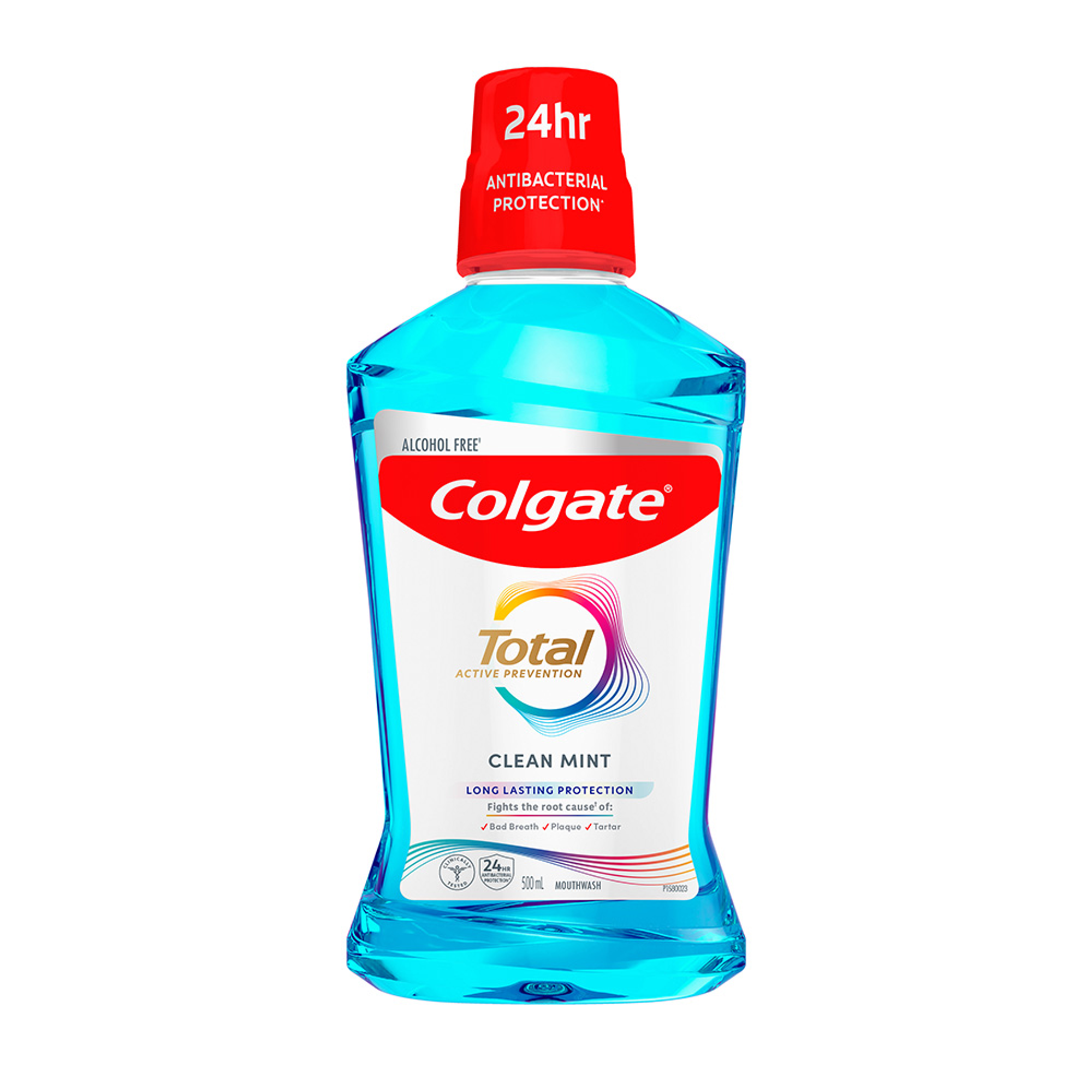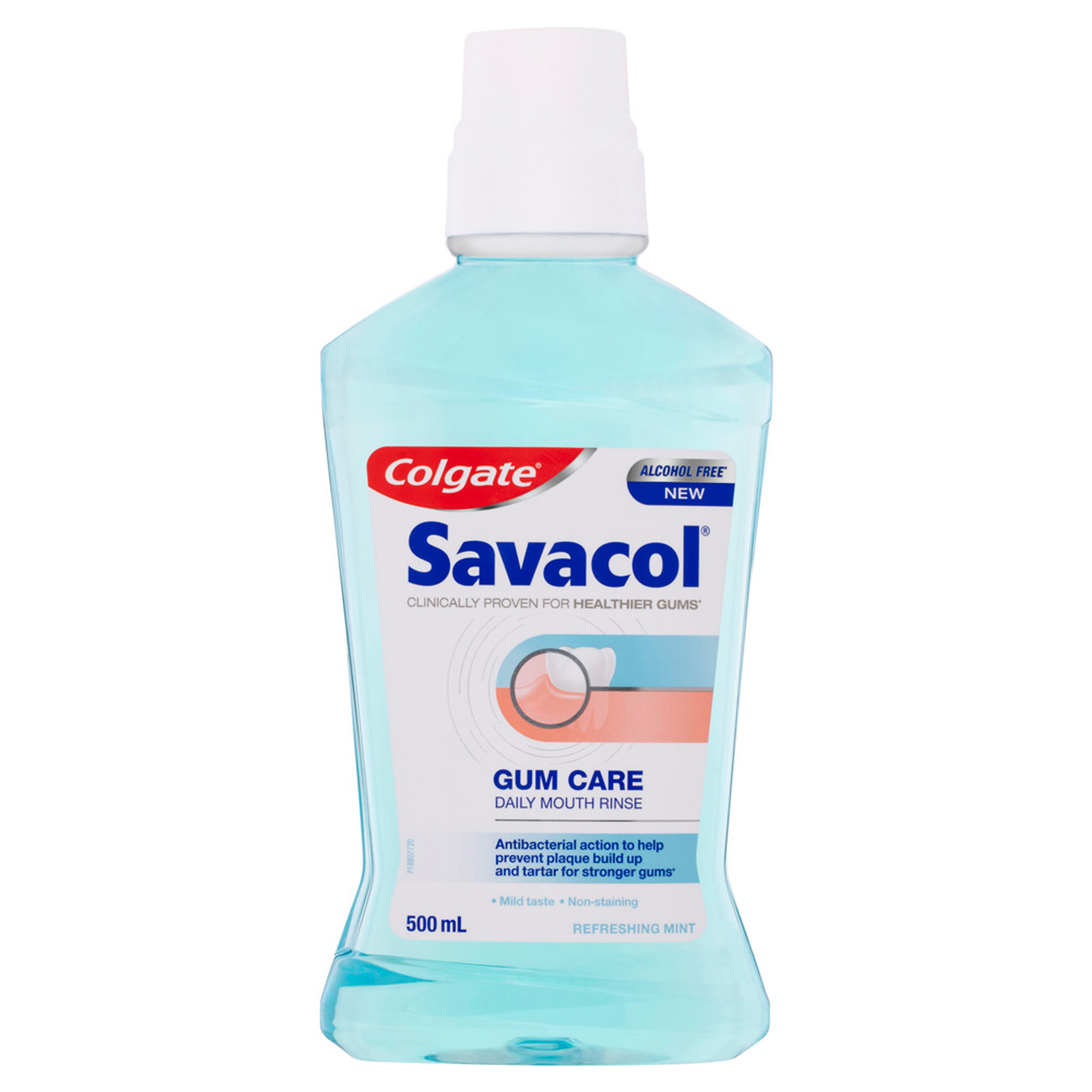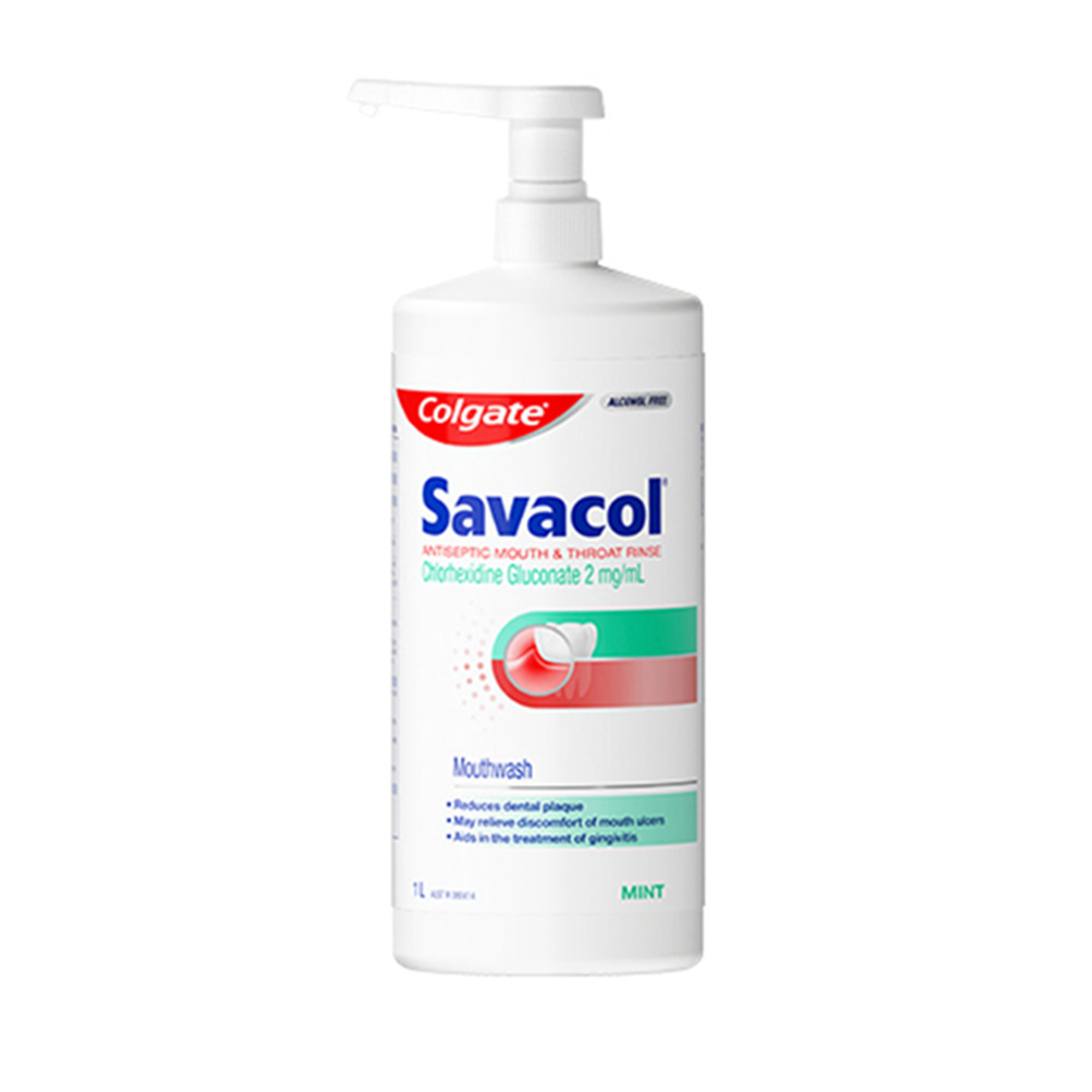
Intrinsic to our responsibility as healthcare professionals is the fundamental drive to do anything and everything to help our patients. For this reason, those entering the profession with the best of intentions are inevitably hesitant to decline opportunities where help is sought. However, the art of saying “no” is an essential part of any communication toolkit. Having the insight to do so applies in situations where the heart says “yes”, but, on deeper reflection, we can acknowledge our own professional and personal limitations and the constraints of the systems in which we operate. Equally, having the strength to say “no” in situations in which we feel compelled to say “yes” as a consequence of external pressures discordant with our own values, needs or clinical judgement is a skill that may not come intuitively.
It’s okay for us to say “no” to patients with unreasonable or unclear expectations. We’ve all encountered Koper’s difficult denture birds1 that carry bag-fulls of previous prostheses to which they had struggled to adapt or that hadn’t quite met their aesthetic expectations. Notwithstanding the satisfaction that may come from being the first dentist to finally cure a patient of their ails or from perfectly aligning with their aesthetic ideals, having the foresight to avoid potentially insurmountable challenges can save patients from investing in treatment plans where a desired outcome will never be realised and can save clinicians from sleepless nights.
It’s also important to say “no” if it allows us to practice within a safe scope, particularly when it comes to patients presenting with treatment needs outside our comfort zones. As new grads, we need to develop our skill sets sustainably. Achieving the delicate balance between opportunities for professional growth and predictable outcomes for patients comes down to appropriate case selection, formal training and clinical support. We should therefore have a lower threshold for referrals to our local specialists than our more established colleagues. That’s not to say that we should give up if we face a clinically-trying situation, but it’s a question of picking one’s battles with careful pre-procedural assessment to avoid causing inadvertent harm or distress to our patients and ourselves.
While we all aspire to a model of patient-centred care, it is our duty as clinicians to impart insight into the risks of particular treatments based on our clinical experience and best available evidence to prioritise patient safety and mitigate potential dentolegal misadventures. Providing “no treatment” may be overlooked as a valid option, often because of our inherent desire to please our patients by satisfying their requests, or pressure from administrative staff that hold some in private practice to strict KPIs. Bridging gaps in health literacy and transparent communication are imperative with patients who are looking to pursue treatments without completely understanding their future implications. This might bring about a soft “no” through which we redirect our patients towards more appropriate treatment options, as may be the case in young patients seeking veneers who are unaware of their finite clinical lifespan and need for replacement that may result in progressive removal of increasing volumes of tooth structure. It can also pertain to patients without knowledge of prosthetic alternatives that may fixate on a particular treatment option because they've heard about it through friends or relatives, or hold biases towards certain treatment modalities constructed through social media. This ultimately comes back to the need to work with patients to ensure that they’re well-informed and to provide personalised, rather than cookie-cutter, treatment plans for each patient to suit their unique needs.
Saying “no” to more senior clinicians or non-clinical administrative staff is another challenge that many face in the workplace. Especially in situations in which new graduates feel subordinate, we may feel compelled to yield to demands of our superiors to build credibility and win their favour. In doing so, biting off more than we can chew may manifest as regularly working overtime or squeezing additional patients into already-full schedules by forgoing lunch breaks or shortening appointments such that unreasonable time pressures are placed on us. Longer or more intense working weeks might be sustainable in the short term, but, if incompatible with our wellbeing or detrimental to the quality of care that we can provide to our patients, we need to be firm in articulating our needs. Burnout is unfortunately an issue that plagues many in our profession.
Spreading ourselves too thinly can also arise from a sense of duty to our patients. I am guilty of wanting to accommodate every patient that walks through our door, especially as some might have not accessed a dental service for decades and the very act of presenting to our clinics is a huge step. We also see situations in which patients arrive on our doorstep having already been handballed between services. However, sometimes it is simply not possible to do more without compromising the standard of care that we provide and it is in their best interest to refer them to alternative services such that their treatment needs can be met.
While it is often in our nature to acquiesce to the requests of those around us in order to please our patients and colleagues, being assertive is an important skill to cultivate early in our careers to ultimately allow us to act in the best interest of those in our care.
https://www.sciencedirect.com/science/article/abs/pii/0022391367901229?via%3Dihub
Emma, a founding member of the Colgate Advocates for Oral Health: Editorial Community, completed her Doctor of Dental Medicine at the University of Western Australia as the Australian Dental Graduate of the Year 2020. She is passionate about contributing to the future of oral health through dental education, community engagement and research. She hopes to share her insights to encourage members of the dental profession to reflect on opportunities for personal and professional growth to benefit our patients and the wider community.
Join us
Get resources, products and helpful information to give your patients a healthier future.
Join us
Get resources, products and helpful information to give your patients a healthier future.











